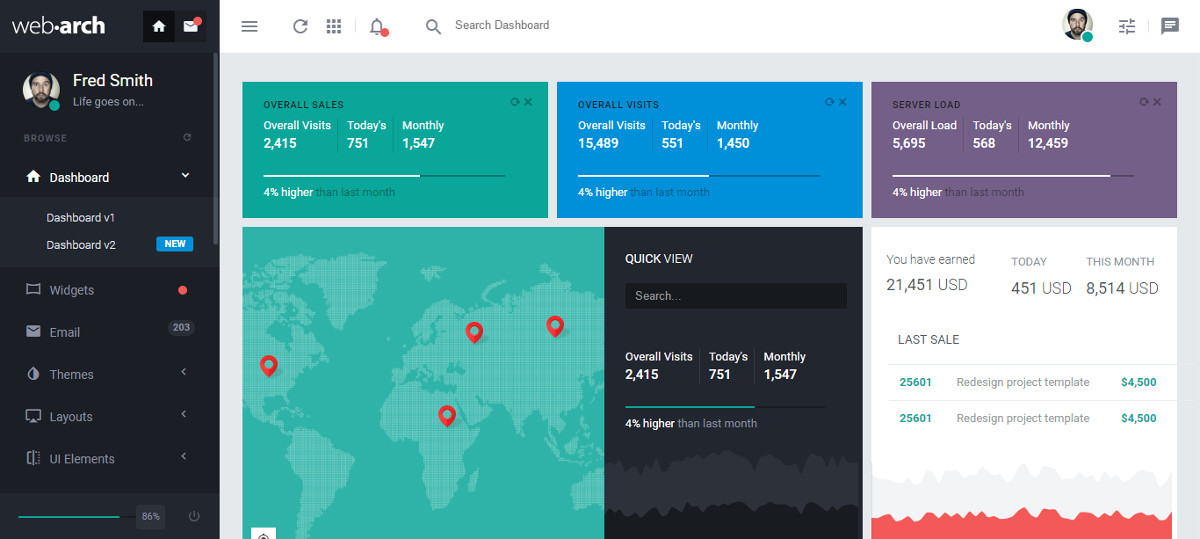


#Webarch admin password#
If no basic_auth header is present, the script will check for an active mailcow admin session for the requested email user and provide the same headers but with the dovecot master password used in the Authorization header. X-webobjects-remote-user, Authorization and x-webobjects-auth-type. The Wayback Machine is an initiative of the Internet Archive, a 501(c)(3) non-profit, building a digital library of Internet sites and other cultural artifacts. If a basic_auth header is present, the script will validate the credentials in place of SOGo and provide the following headers: SOGoTrustProxyAuthentication option is set to YES which makes SOGo trust the x-webobjects-remote-user header.ĭovecot will receive a random master-password which is valid for all mailboxes when used by the SOGo container.Ĭlicking on the SOGo button in the mailbox list will open sogo-auth.php which checks permissions, sets session variables and redirects to the SOGo mailbox.Įach SOGo, CardDAV, CalDAV and EAS http request will cause an additional, nginx internal auth_request call to sogo-auth.php with the following behavior: The page will reload when these things are attempted. Webarch is a Bootstrap admin template with Ruby on Rails support. Neither does inviting other users to calendar events. Let’s see what is the key functionalities in the webarch admin dashboard. Average rating 4.2 from 5 based on 340+ review. It has 3500+ sales on the Themeforest and still counting. Webarch is another most beautiful admin dashboard theme with lots of feature and reusable components. Subscribing to another user's calendar or address book while logged in as admin does not work. Webarch Responsive Admin Dashboard Template.SOGo will not display a logout link for admin-logins, to login normally one has to logout from the mailcow UI so the PHP session is destroyed.In most cases, this should not be noticeable but should be kept in mind if you face any performance issues. This might impact load-times of SOGo / EAS. Each SOGo page-load and each Active-Sync request will cause an additional execution of an internal PHP script.


 0 kommentar(er)
0 kommentar(er)
